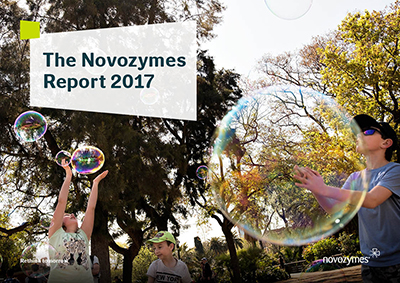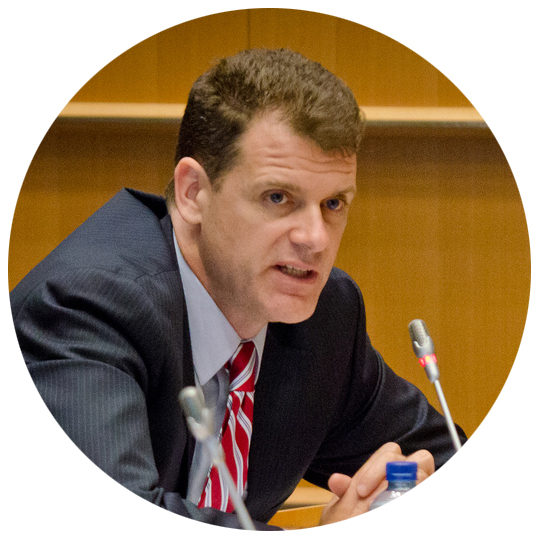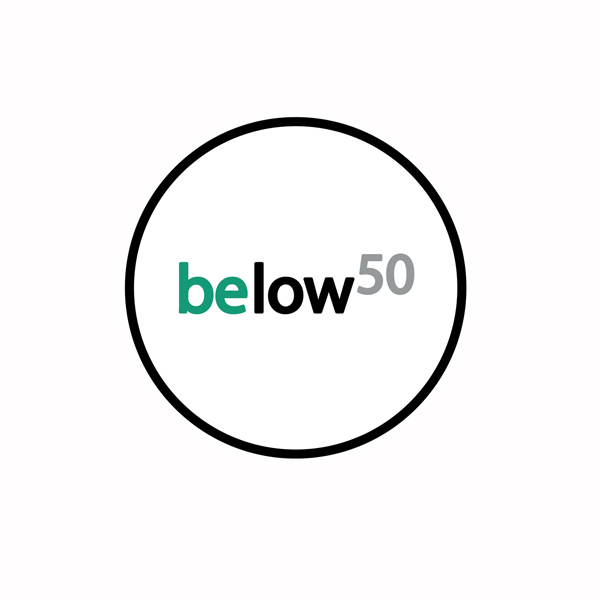below50 is a global campaign to grow the global market for the world’s most sustainable fuels and help achieve a carbon-neutral transportation sector. Sustainable fuels are defined as fuels that produce at least 50% less CO2 emissions than conventional fossil fuels.
below50 brings together organizations from across the value chain to identify customized local solutions. It was established after the Paris Climate Agreement through a collaboration between the UN Sustainable Energy for All initiative, the World Business Council for Sustainable Development and the Roundtable on Sustainable Biofuels. Novozymes is a founding member and part of the below50 leadership group.
We sat down with Dr. Gerard Ostheimer, Cofounder and Senior Advisor of below50 and Global Lead for Bioenergy at Sustainable Energy for All, to learn more about the relevance of biofuelsLiquid fuels produced from primary crops or biomass such as sugarcane, grains, agricultural residues, algae and household waste. They are typically used to replace gasoline and diesel in transportation. One of the advantages of biofuels is that they are the only existing liquid alternative to fossil fuels. and the future of sustainable transportation.
What are the future challenges in the global transportation sector?
There are different challenges across the sector. When it comes to personal mobility, there is a widespread belief that renewable electricity will solve everything. Of course, we encourage the adoption of electric vehicles, but we also need to recognize that in certain geographies and with certain technologies, ethanol remains and will remain the most sustainable option. When it comes to heavy transportation, that is freight, maritime and aviation, electrification is not a viable option. These sectors have a crushing need for low-carbon fuels such as ethanol, biodiesel and bio jet fuel.
What is below50’s role in tackling these challenges?
Since COP21, there has been growing recognition that the world will not reach its climate goals without reducing emissions from sectors which are energy intensive and difficult to decarbonize, such as aviation, maritime and freight. below50’s mission is to decarbonize the transportation sector through the use of sustainable fuels.
We are closely connected with the UNFCCC community. In 2017, at COP23 in Bonn, Germany, everybody wanted to talk about decarbonizing transport. We are currently seeing a great deal of interest from national governments, including those of Australia, Brazil, and from local communities, such as Queensland in Australia, California in the US, and British Columbia in Canada. However, we believe the biggest potential lies in the growing number of corporate commitments to reduce emissions. Our role is to bring together organizations from across the value chain and convert the global strategy of reducing emissions into local customized solutions for transportation.
How does below50 work, and how does Novozymes support it?
below50 is all about leveraging global interest and translating it into action. That action is not going to happen in a conference room in Bonn, but in local communities across the globe. That is why we are establishing regional hubs that serve as a link between the buyers and producers of sustainable fuel. Through these regional hubs, we can identify local companies that are interested in reducing their transport emissions and educate them about the possible solutions. We also work with local governments to facilitate the creation of favorable policies that promote production, investment and demand.
Novozymes has been a key ally from the very start. It supports below50’s mission through its thought leadership and by sponsoring the creation of regional hubs.







